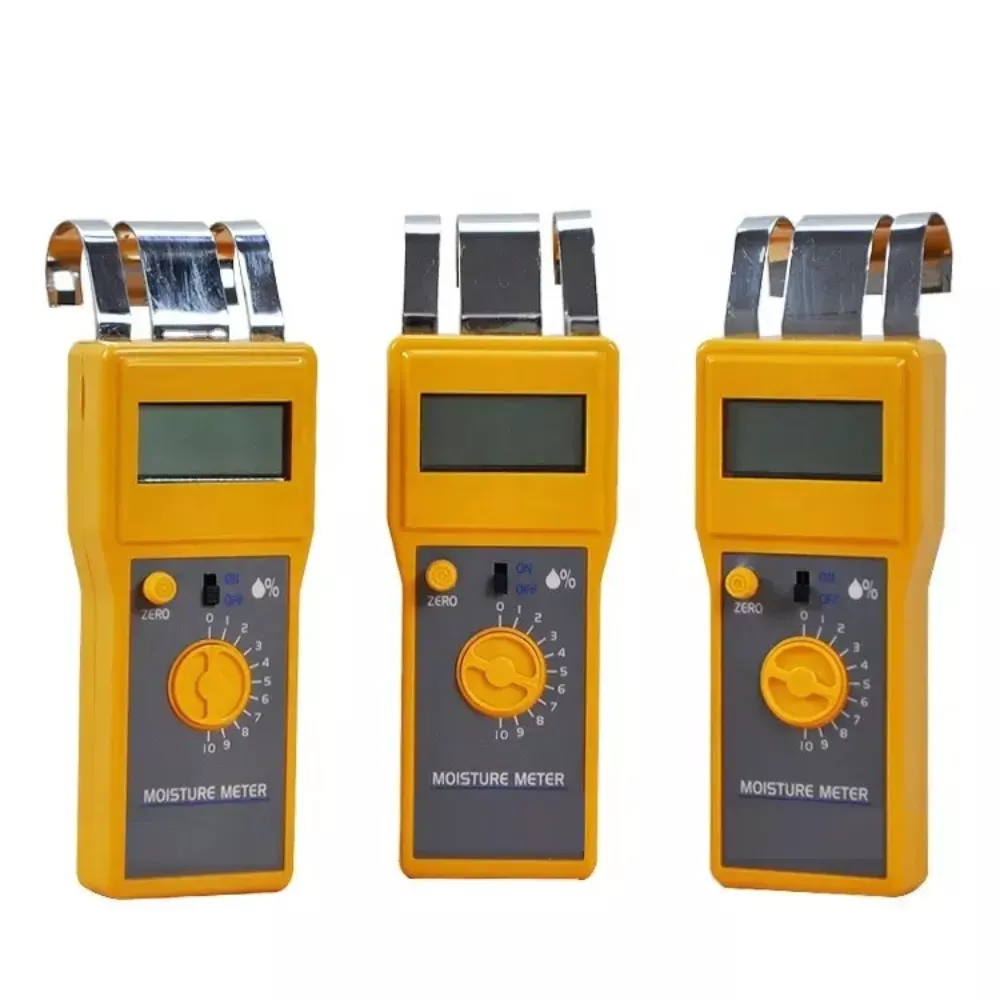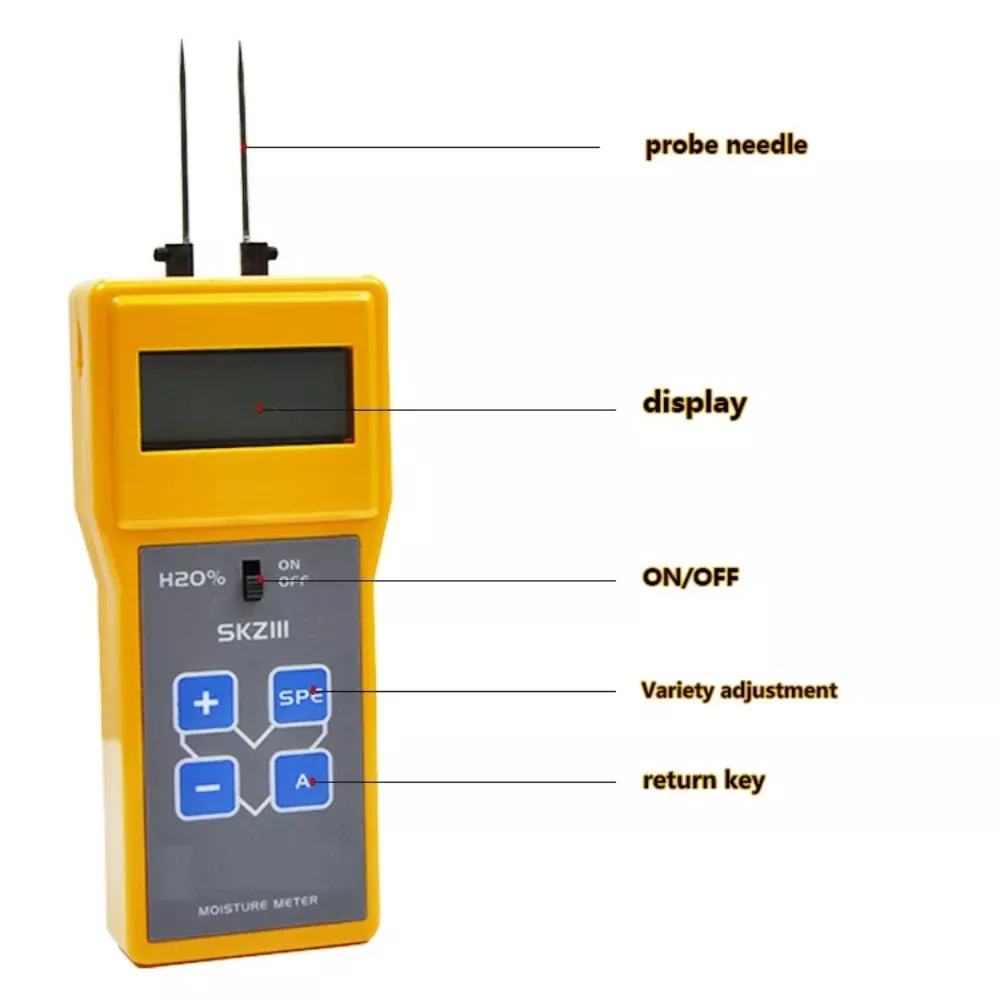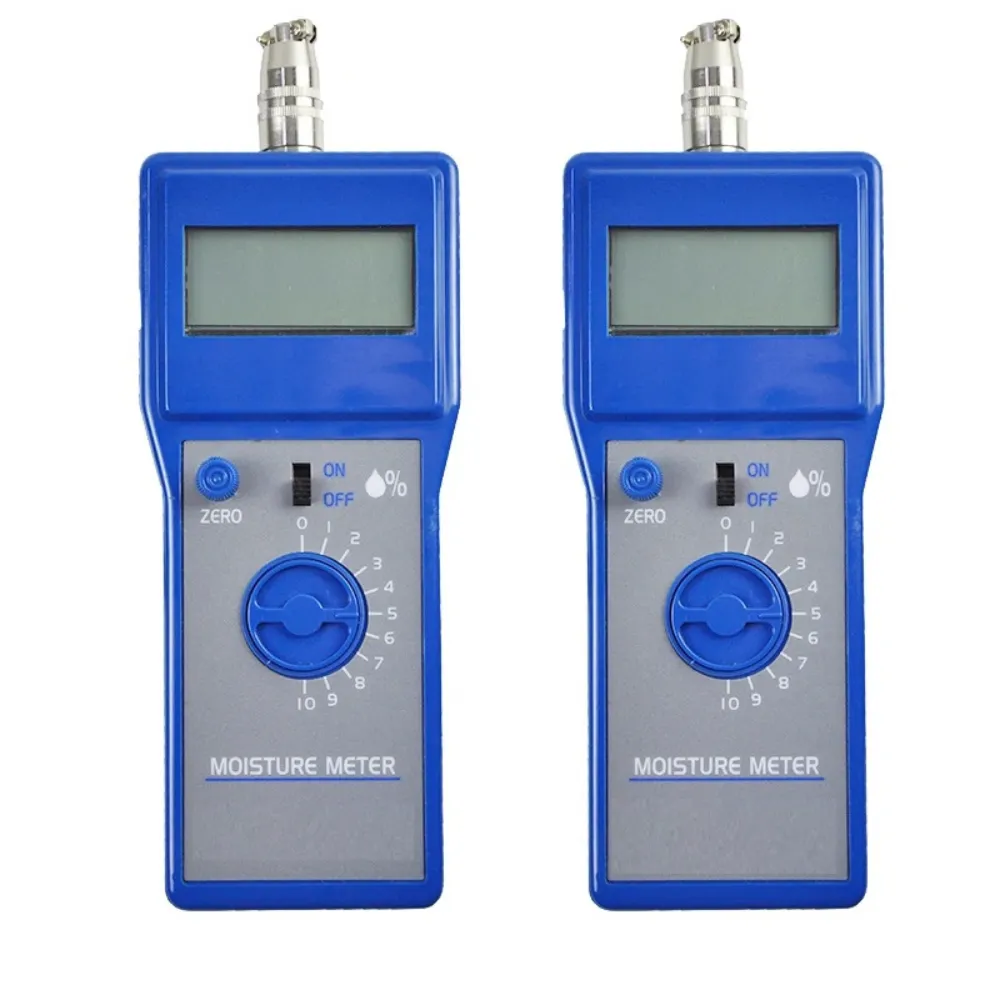
Applications of Meat Moisture Meters
Table of Contents
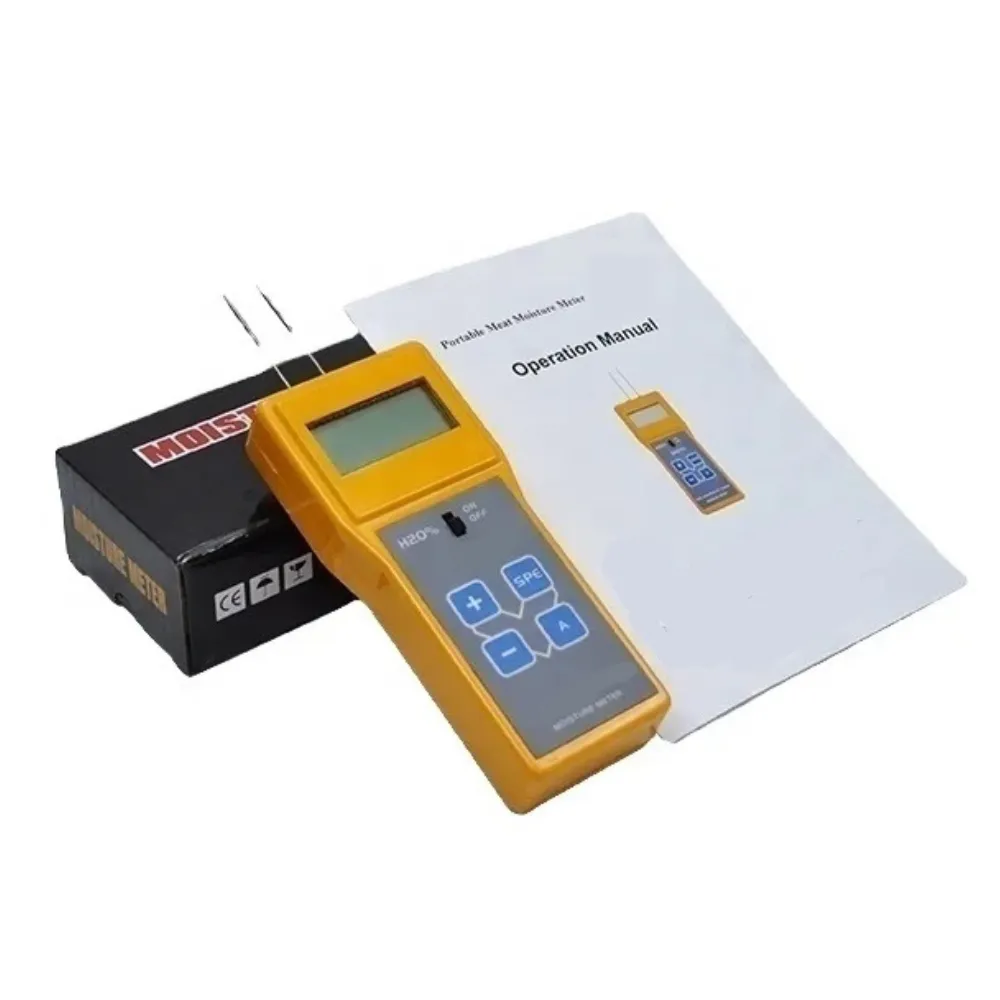
Moisture meters are also employed in research and development settings to innovate and improve meat products. By analyzing moisture content, scientists can experiment with various formulations and processing methods to create new products or enhance existing ones. This research is crucial in the development of cultivated meat, where moisture measurement is essential for ensuring the quality of lab-grown meat products. As the industry continues to evolve, the application of moisture meters will likely expand further to meet the demands of innovative food technologies.
Meat moisture meters play a critical role in food quality control within the meat and poultry industry. These instruments allow manufacturers to measure the moisture content in meat products, which is vital for ensuring the quality and safety of the food being produced. Maintaining optimal moisture levels helps prevent spoilage and microbial growth, thus enhancing shelf life and consumer safety. Additionally, accurate moisture readings are essential for compliance with food safety regulations and for meeting industry standards.
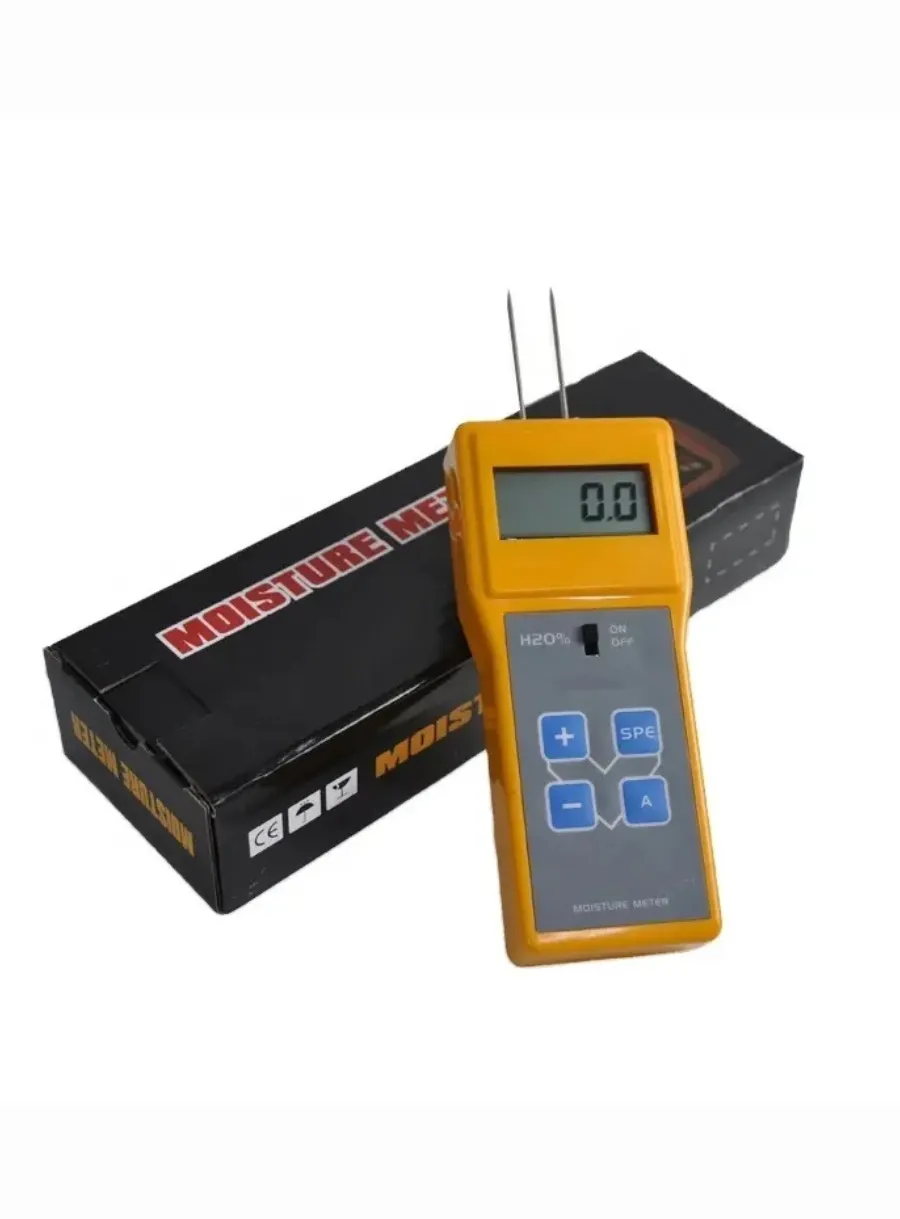
Process Optimization
In the meat processing industry, moisture meters contribute to process optimization by providing real-time data that assists in refining production techniques. By closely monitoring moisture levels, manufacturers can make informed decisions regarding drying, curing, and cooking processes. This capability not only improves the yield of raw materials but also minimizes waste by ensuring that products are processed under ideal conditions. Furthermore, automated moisture measurement systems can integrate with production lines to streamline operations and enhance efficiency.
Automation and Remote Monitoring
With advancements in technology, many modern moisture meters come equipped with networking capabilities, enabling remote monitoring and diagnostics. This feature allows technicians to access data and make adjustments from off-site locations, thus reducing downtime and minimizing maintenance costs. The integration of moisture meters into automated systems supports a shift towards higher productivity and consistency in meat processing, as it reduces the reliance on manual labor and the potential for human error.
Comments
Tags
Frequently Asked Question
Moisture meters allow scientists to analyze moisture content and experiment with formulations and processing methods to innovate and improve meat products, including the development of cultivated meat.
Moisture meters enable manufacturers to measure moisture content in meat products, which is crucial for ensuring quality, safety, and compliance with regulations by maintaining optimal moisture levels.
Moisture meters provide real-time data that helps manufacturers make informed decisions about drying, curing, and cooking processes, improving yield, minimizing waste, and enhancing operational efficiency.
Networked moisture meters enable remote monitoring and diagnostics, reducing downtime and maintenance costs, while also supporting higher productivity and consistency by integrating with automated systems.

